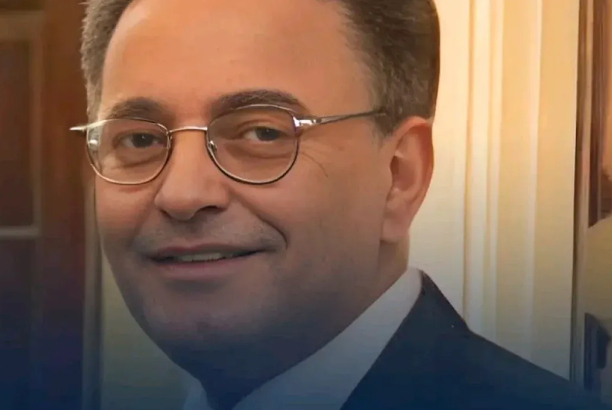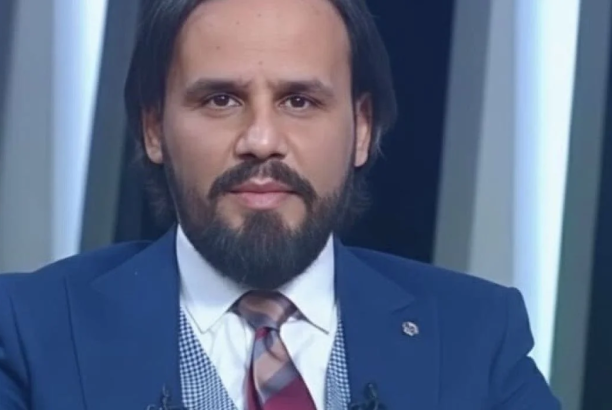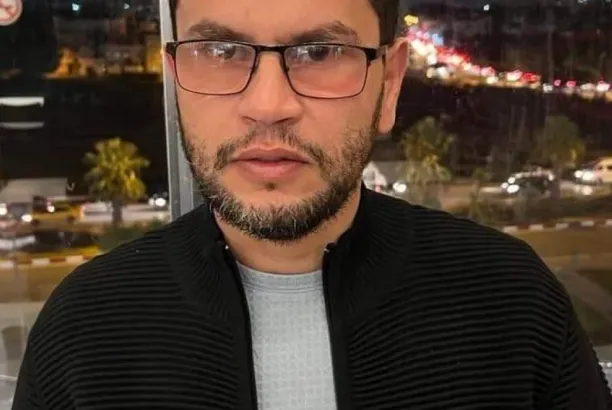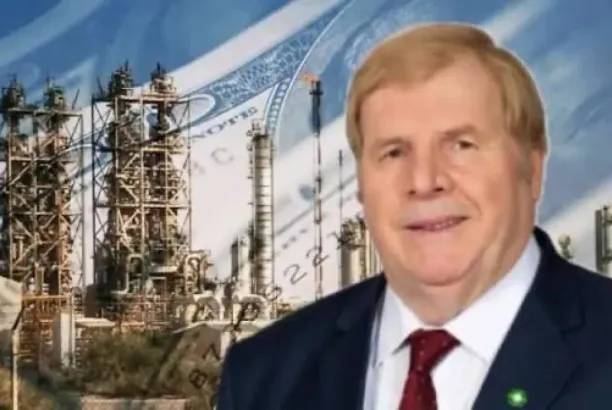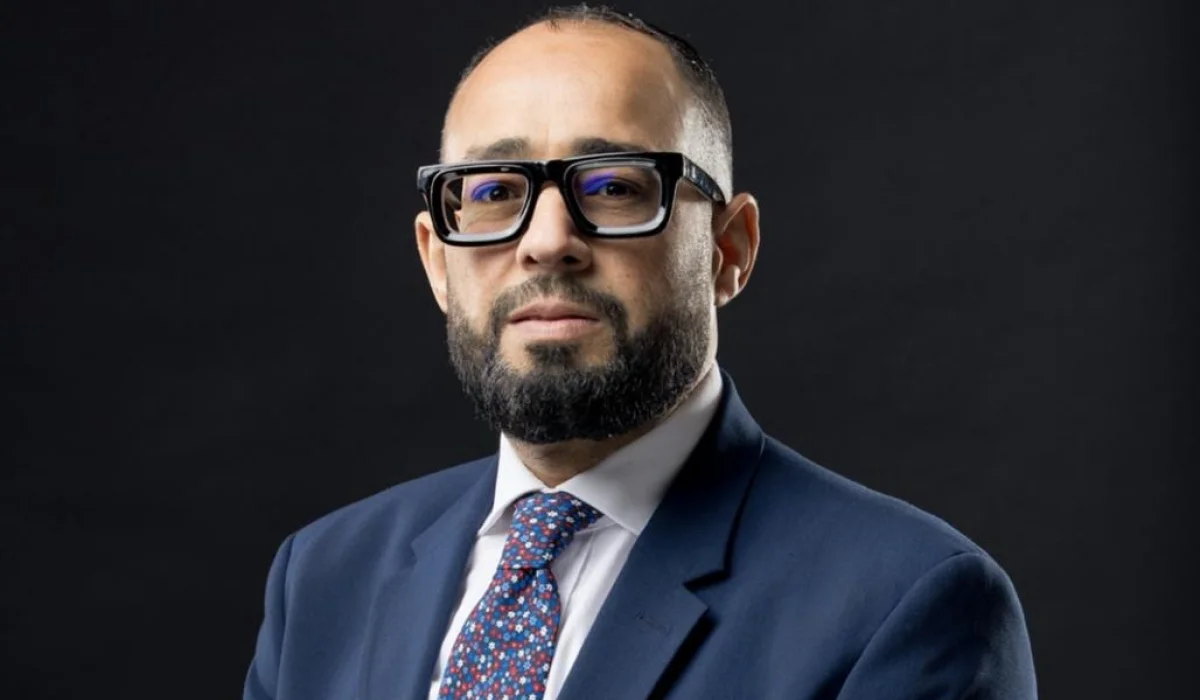
| Economic articles
Al-Mana’a Writes: “Unveiling Prosperity – Mechanisms for Wealth Sharing to Achieve Peace and Equitable Growth in the Middle East and North Africa”
Counselor Mustafa Al-Mana’a wrote: Unveiling Prosperity – Mechanisms for Wealth Sharing to Achieve Peace and Equitable Growth in the Middle East and North Africa
A reading into the World Bank’s report issued this week – April 2025
In April 2025, the World Bank issued an analytical report titled “Unveiling Prosperity: Mechanisms for Wealth Sharing for Peace and Equitable Growth in the Middle East and North Africa”, which explores the relationship between the distribution of natural wealth—especially oil and gas—and political stability and long-term economic growth in the region’s countries.
The report focuses on the management of wealth and the fairness in distributing its revenues, describing them as foundational factors for conflict and obstacles to development. It argues that adopting economic models that ensure broader and more transparent wealth-sharing could serve as a cornerstone for achieving lasting peace and sustainable development.
The World Bank noted that most countries in the region rely on a rentier economic system, in which revenues from resources are monopolized by the central state and redistributed in the form of direct subsidies or public spending—often in a non-transparent manner. According to the report, this model leads to the erosion of the social contract and deepens the trust gap between citizens and the state, particularly in fragile or post-conflict societies.
The report proposes three main levels for wealth sharing:
- Between the state and the citizen: This includes redirecting revenues toward services like education, health, and social protection, while also enhancing citizens’ economic capacity through direct investments in human capital.
- Between the center and the peripheries: Through fairer fiscal policies among regions, enabling municipalities and local authorities to directly benefit from the revenues of resources produced within their geographical areas.
- Between generations: By establishing strong and transparent sovereign funds that ensure part of today’s revenues are converted into long-term strategic investments, safeguarding the rights of future generations and reducing the overreliance on oil.
The report warns that the continued concentration of wealth and the absence of effective accountability mechanisms for public spending increase the risks of social unrest and weaken the chances of building more diversified and shock-resistant economies.
In reviewing some international models, the World Bank highlights the experiences of countries like Norway and Chile, which adopted clear and transparent mechanisms for sharing resource revenues—enabling them to achieve long-term economic and social stability.
The report concludes that wealth sharing should not be seen merely as an economic measure, but as a tool for political calming and rebuilding trust—making this approach an urgent necessity in countries undergoing transitions or emerging from conflict, such as Libya, Yemen, and Iraq.
The Unveiling Prosperity report serves as a call to reconsider the foundations of wealth management in the region and to develop fairer and more equitable distribution models—as a fundamental pathway to achieving peace and equitable growth.
Counselor Mustafa Al-Mana’a is a Libyan lawyer and legal and economic expert with over 23 years of experience. He has worked with several investment institutions, sovereign funds, and banks in various countries around the world, including Libya. He is an expert with international research centers and has served as a lecturer and trainer with the American Bar Association and the European Bar Association. He has also worked for years as an advisor to the Central Bank of Libya and as a board member of the Libyan Investment Authority and the Libyan Foreign Bank. He has authored numerous research papers and articles published in American, European, and Arab newspapers.


